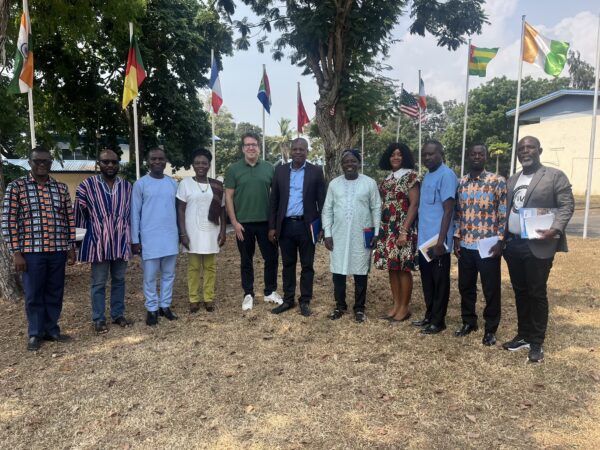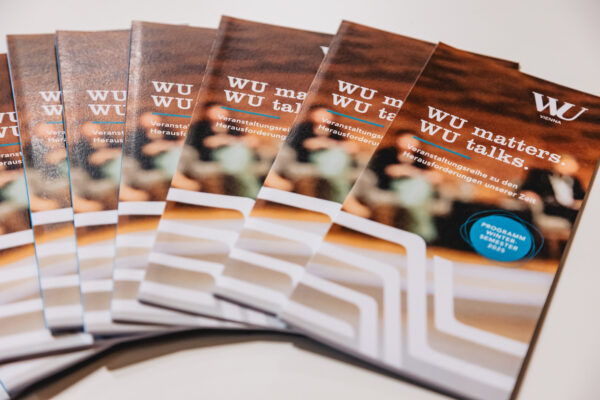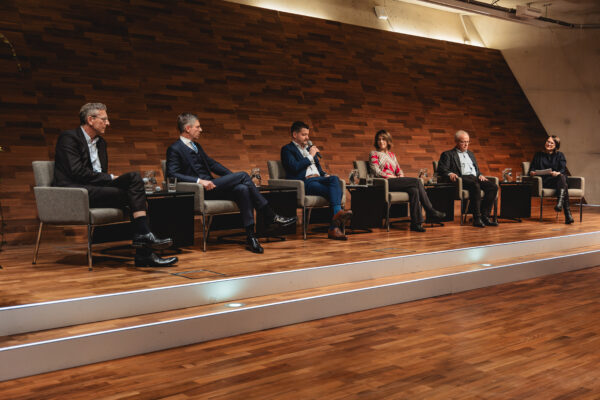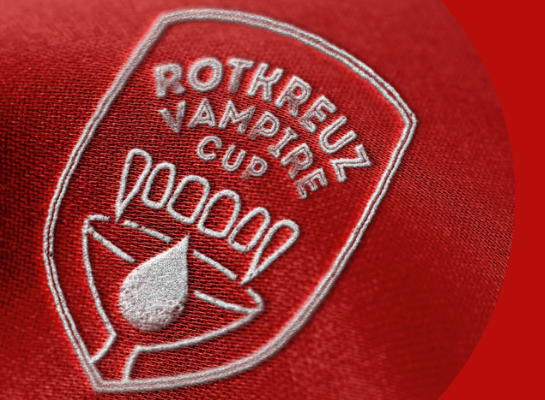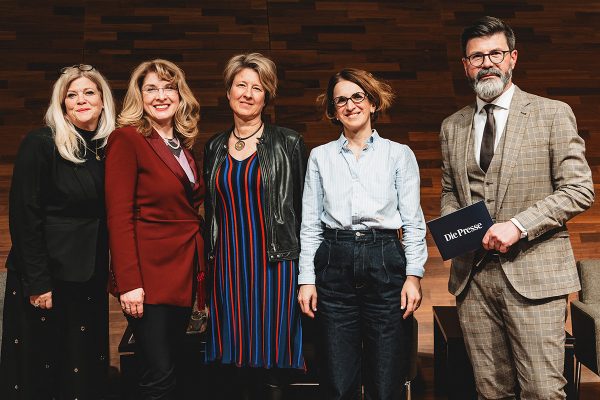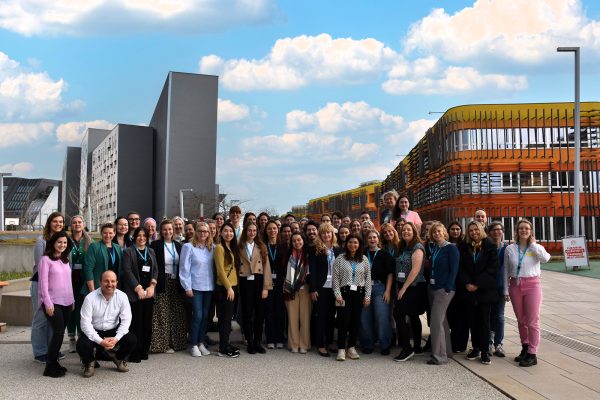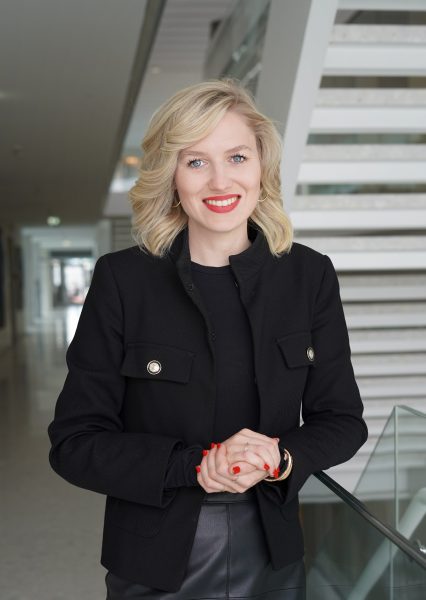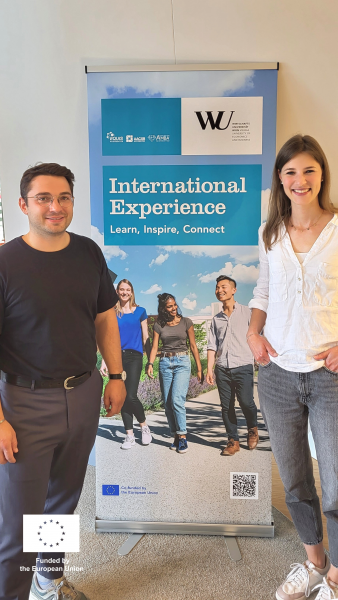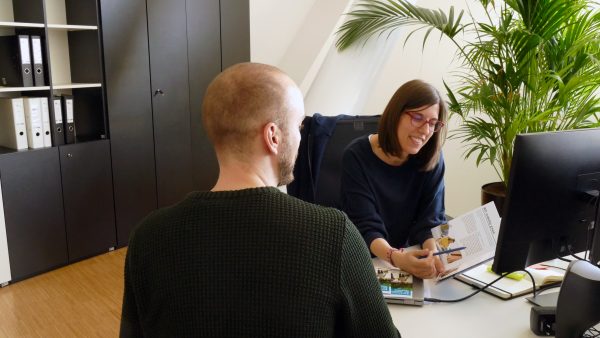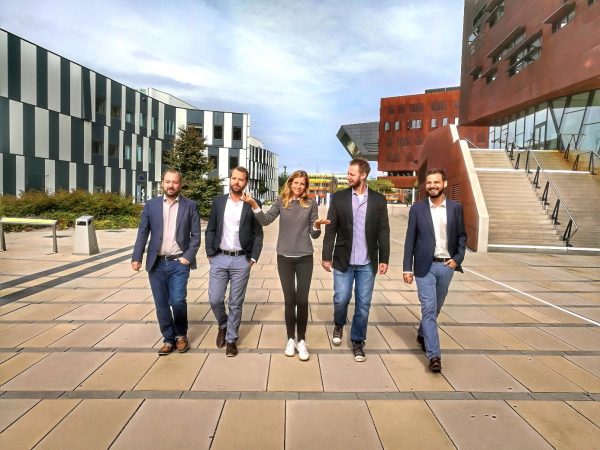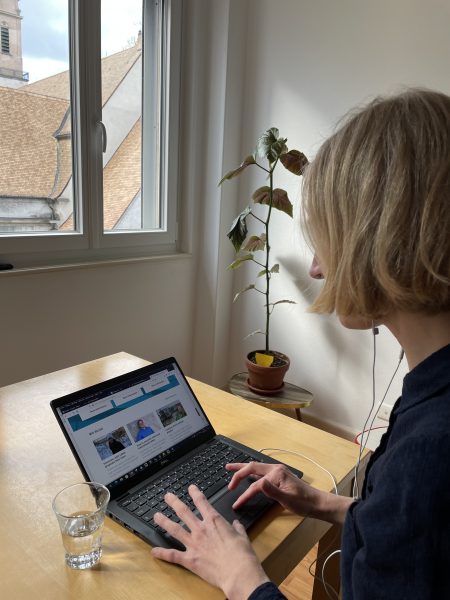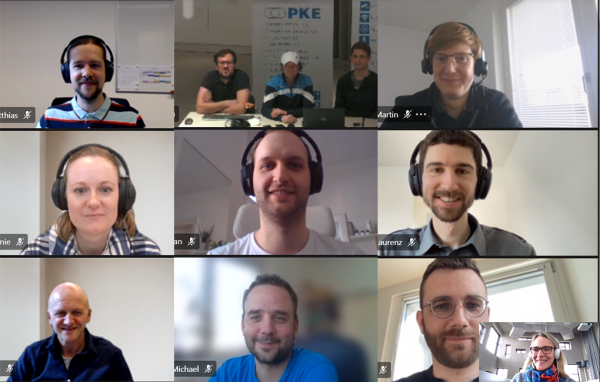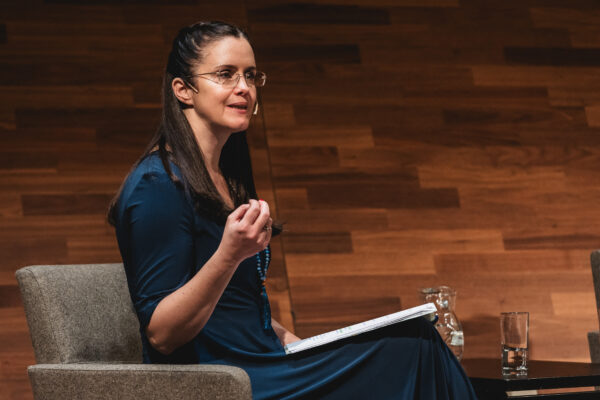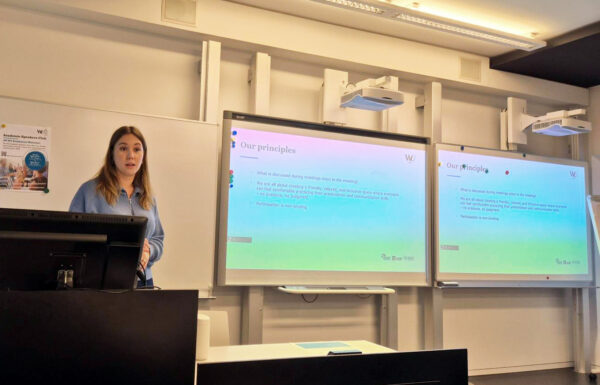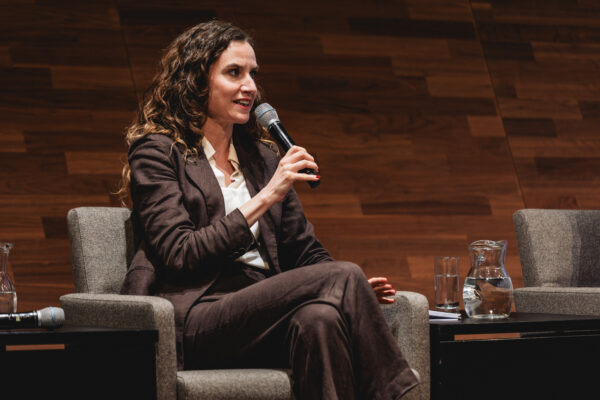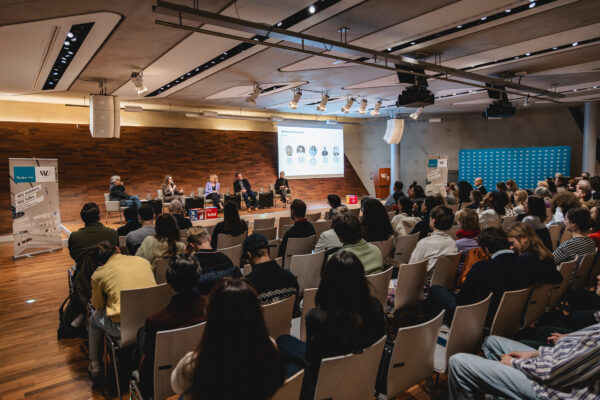What is ownership and what does it mean to us?
In July, 40 experts from 14 countries and various disciplines followed the invitation of the international co-chairs at WU Vienna’s m.core – Institute for Marketing & Consumer Research – Bernadette Kamleitner and Monika Koller, WU Vienna; Joann Peck, University of Wisconsin-Madison; Stephan Dickert, Queen Mary University of London – and came to WU Vienna to discuss conditions, manifestations and consequences of “ownership” and related concepts such as possession, entitlement, territoriality and sharing. Sandra Holub from m.core is the author of this blogpost.
What is Ownership?
In the interactive opening forum participants challenged and compared their definitions of ownership. Despite substantial variations in definitions, participants tended to agree that what is owned is that which is defended, fought for, and that which can be exploited with the right to exclude. Ownership – and its associated rights and responsibilities – can be passed onto to others.
Phenomoneologically ownership can take several partly overlapping forms and different disciplines focus on different aspects of its manifestations. For example, ownership can be objective (being the legally entitled owner) versus subjective (having possessive feelings), individual (it is mine) versus collective (it is ours). Moreover, it can be felt by the self or attributed to others. Participants agreed that ownership as an economically and psychologically relevant experience is, in many cases, not necessarily binary but can be understood as a continuum (e.g., shares in corporations, debt). Interesting discussions also emerged around the question whether and how ownership varies across cultural contexts and demographic variables (e.g. gender, age).
Ownership over what? How does it emerge & what does it imply?
Two keynote talks titled “Perspectives on Ownership” illustrated the broader meaning of ownership in contemporary society. In the first perspectives session, psychologist Floyd Rudmin from the University of Tromsø provided the audience with a glimpse on the evolvement of the phenomenon through the lens of philosophical, cultural and gender psychology. In the second perspectives session, the topic of ownership was put in relation to the system of property law by Harvard law professor Henry Smith. Our experts also agreed, that the objects or targets of ownership don’t need to be legally “ownable”. People can experience purely psychological ownership (one of the main research foci of m.core) over literally everything. Intangible objects such as brands or organizations or even the space around a person can also be targets of ownership. This feeling of ownership can arise from investment of the self in an object, intimate knowledge of an object, or control over an object. In turn, it can result in a sense of responsibility and stewardship but also destruction.
Given the high relevance of both the objective and subjective dimension of the concept, the aim of the workshop was to deal with potential future research in this area as well as to approach a common theory and understanding of this ubiquitous phenomenon. Different presentation and discussion formats ensured a productive discourse. The talks but also numerous inspiring, informal discussions between sessions covered diverse topics from legal ownership, dark sides of ownership to ownership for companies and philosophical perspectives on ownership.
The Future of Ownership
The official part of the workshop ended with a closing forum that challenged the participants to critically think about open questions that emerged over the two-day event and were deemed crucial in determining fruitful paths of future ownership research. Topics and future agendas emerging covered, for example, a discussion on the dark side of ownership, the challenge of disentangling collective and individual ownership, the issue of a unified measurement and the impact of societal and technological developments for the experience of ownership.
For more information about the workshop and the topic of ownership click here.
#Workshop #Ownership #Marketing
